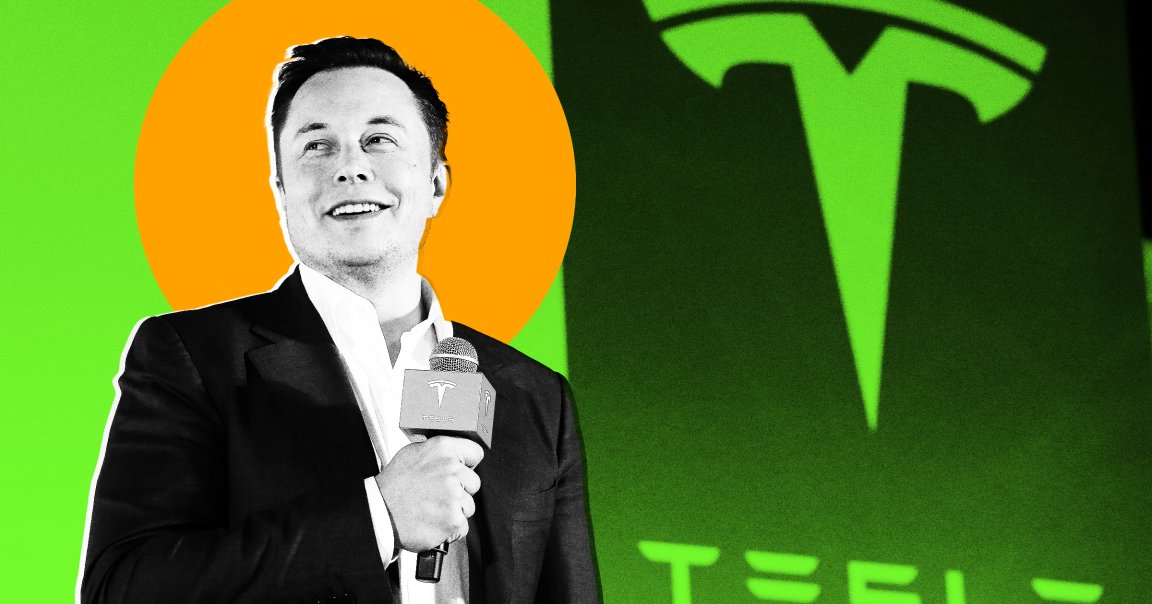
Tesla just got handed one of its biggest legal blows yet — one that could have seismic implications for its future operations.
On Friday, a Miami jury ruled that the Elon Musk-owned automaker’s Autopilot driver assistance software was partially at fault for a horrendous collision that killed a 22-year-old woman in 2019 and severely injured her boyfriend.
In total, the jury ordered Tesla to pay $329 million to the surviving family of the victims, Naibel Benavides and Dillon Angulo, including $200 million in punitive damages and $129 million in compensatory damages.
It was not considered to be primarily at fault: the driver of the Tesla Model S involved in the crash, George McGee, was found to bear 66 percent of the blame for the crash. Tesla shoulders the remaining 33 percent.
“Tesla designed Autopilot only for controlled access highways yet deliberately chose not to restrict drivers from using it elsewhere, alongside Elon Musk telling the world Autopilot drove better than humans,” Brett Schreiber, counsel for the plaintiffs, said in statement on Friday, as quoted by CNBC. “Tesla’s lies turned our roads into test tracks for their fundamentally flawed technology, putting everyday Americans like Naibel Benavides and Dillon Angulo in harm’s way.”
The tragic incident took place while McGee was driving his Tesla while Enhanced Autopilot was enabled. When he bent down to pick up his phone after dropping it, the Model S careened through an intersection at nearly 60 miles per hour and smashed into a parked SUV, which Benavides and Angulo were standing behind. Benavides died at the scene, and Angulo survived with horrific injuries.
While on the witness stand, McGee said he believed Autopilot would protect him and brake on its own to prevent a crash. Schreiber accused Tesla of running a “misinformation campaign” that vastly overstated Autopilot’s capabilities, per the New York Times.
“I feel like we were experimented on,” Angulo told NBC6 South Florida in 2023, “and this technology was out on the road before it was safe.”
The ruling could drastically impact Tesla’s autonomous vehicle efforts — which it‘s been increasingly leaning into as its sales falter — and perhaps reshape the self-driving landscape at large. These are enormous damages, and the prospect of being on the hook anytime the experimental software kills or injures a bystander could dampen investor enthusiasm for the tech.
It also comes at a critical moment for Tesla, which launched a limited robotaxi service in Austin, Texas, in June, and expanded its driverless fleet this week to San Francisco. Musk is hoping that a pivot to robotaxis could rake in the company trillions of dollars. Prior to the launch, he estimated that Tesla could have a million robotaxis on American roads by the end of 2026. In light of the ruling, that’s a lot expensive legal liabilities waiting to happen.
“This will open the floodgates,” Miguel Custodio, a car crash lawyer not involved in the lawsuit, told the Associated Press after the ruling. “It will embolden a lot of people to come to court.”
This may have been a long time coming for Tesla. Its self-driving software — which are actually driver assistance features, regardless of their overconfident brand names — have been involved in multiple deadly crashes. The automaker has frequently been criticized for exaggerating how autonomously its cars can operate and has been repeatedly investigated by federal regulators and sued by state authorities.
Tesla says it will be appealing the decision.
“Today’s verdict is wrong and only works to set back automotive safety and jeopardize Tesla’s and the entire industry’s efforts to develop and implement life-saving technology,” the company said in a statement.
More on Tesla: Tesla Rolling Out Robotaxis With Human Drivers in the Driver’s Seat, Defeating the Purpose of a Robotaxi